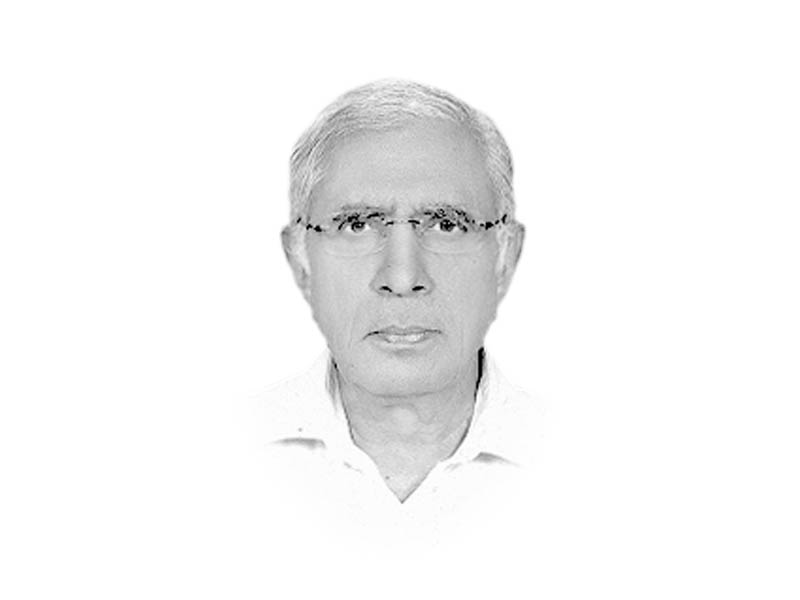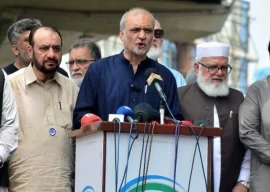
Most of these refugees are ethnic Pakhtuns but there is also a significant number of Tajiks, Uzbeks, Baloch and Turkmen. A small number of refugees are asylum seekers waiting to be shifted to Western countries. Most refugees are living in Khyber-Pakhtunkhwa, Fata and north-west Balochistan. Some 50,000 are said to be in Karachi, 16,000 in Lahore, 8,000 in Rawalpindi and 3,000 in Islamabad. The first wave of three million Afghan refugees arrived in the 1980s following the Soviet invasion of Afghanistan. The second wave followed the US invasion of the country in 2001. So by 2004, Pakistan was believed to be hosting as many as five million Afghan refugees.
However, who would like to spend his or her lifetime in a refugee camp or live a life hunted by the law for want of legal documents, least of all Afghans known particularly for their self-respect and their innate commitment to honour? Still, the continuous warfare inside Afghanistan has made it impossible for successive Afghan governments to facilitate the repatriation of their countrymen and for the successive governments in Islamabad to expedite their transfer. In 2012, the then Karzai government announced that it planned to establish 48 towns for the returnees and that each family that would return on production of repatriation documents issued by the UNHCR would be provided a free plot of land by the government of Afghanistan to build a house on. But there were no takers.
For a population which is believed to have reached 200 million since its last census in 1998, hosting three million refugees from a brotherly Muslim country separated by a yet-to-be mutually recognised border should hardly be a problematic burden. Still, some 30,000 Afghan refugees fearing retaliatory persecution are said to have left for home after the Army Public School (APS) tragedy in December 2014. And as of February this year, some 1,000 Afghans are said to be returning home daily through the Torkham border. The fear is not misplaced as more than 90 per cent of terrorist attacks in Pakistan have been traced to Afghan refugee camps. And after the launching of Operation Zarb-e-Azb in North Waziristan and the APS tragedy, the host-guest relationship appears to have been damaged rather seriously.
However, it would seem extremely callous to forcibly add three million heads to a population of 30 million of a country, which has remained in a perpetual state of war for over 30 years with all its civic amenities standing ravaged, administrative machinery in tatters, security agencies in total disarray, economy in a tailspin and politics dreadfully divisive. The matter requires delicate handling by both Pakistan and Afghanistan as it concerns dislocating millions of human beings from an adopted to a permanent home. Such dislocation, if not handled with the needed sensitivity and care, can cause immense human tragedies. To begin with, let us not talk about rushing the repatriation. Let us do it step by step. First, let the Afghan government issue passports to its citizens living in Pakistan. Second, let Pakistan issue to these passport-holders visas of various duration and various categories, like businessman, trader, worker, student, tourist, visitor, etc. Both Pakistan and Afghanistan can earn sizeable amounts by charging fees for passport and visa issuance. Perhaps, it is to formulate such a mutually acceptable and essentially compassionate formula of repatriation that President Ashraf Ghani has sent to Pakistan a nine-member delegation headed by Afghan Minister for Refugees and Repatriation Sayed Hussain Alimi Balkhi.
Published in The Express Tribune, March 11th, 2015.
Like Opinion & Editorial on Facebook, follow @ETOpEd on Twitter to receive all updates on all our daily pieces.










1722244248-0/tlprrt-(1)1722244248-0-270x192.webp)

COMMENTS
Comments are moderated and generally will be posted if they are on-topic and not abusive.
For more information, please see our Comments FAQ